Saffron, known scientifically as Crocus sativus, is a prized spice revered for its distinct flavor, vibrant color, and numerous health benefits. Derived from the delicate stigmas of the saffron crocus flower, saffron is one of the most expensive spices in the world due to the labor-intensive process required for its cultivation and harvest.
With its origins dating back thousands of years, saffron has been a sought-after ingredient in various cultures for its culinary, medicinal, and aromatic properties. Its unique reddish-golden color adds depth and visual appeal to dishes, while its subtly sweet, earthy, and slightly bitter flavor imparts a complex taste to both sweet and savory recipes.
Beyond its culinary uses, saffron has a long history of being used in traditional medicine. It contains several bioactive compounds, including crocin and safranal, which are believed to contribute to its potential health benefits. Saffron is known for its antioxidant properties, which can help protect cells from damage caused by free radicals.
Uses & Health Benefits:
Here is a comprehensive list of key benefits associated with saffron:
- Rich in Antioxidants: Saffron contains potent antioxidants that protect cells from oxidative stress and damage.
- Mood Enhancement: It may help alleviate mood disorders and promote feelings of happiness.
- Digestive Aid: Saffron can aid digestion, soothe gastrointestinal discomfort, and improve appetite.
- Skin Health: Its antioxidants contribute to healthy and radiant skin, reducing signs of aging.
- Cognitive Function: Saffron is believed to enhance memory, learning, and overall cognitive function.
- Cardiovascular Support: It can improve heart health by regulating blood pressure and reducing cholesterol levels.
- Anti-Inflammatory: Saffron’s compounds have anti-inflammatory effects, potentially benefiting various health conditions.
- Cancer Prevention: Some studies suggest saffron may have anti-cancer properties, inhibiting tumor growth.
- PMS Relief: Saffron can alleviate premenstrual symptoms, including mood swings and discomfort.
- Eye Health: It contains compounds that may protect vision and prevent age-related macular degeneration.
- Respiratory Health: Saffron’s anti-inflammatory properties may help with respiratory issues.
- Aphrodisiac: It has been traditionally used as an aphrodisiac and may improve sexual health.
- Weight Management: Saffron can reduce appetite and aid in weight management.
- Diabetes Management: It may help regulate blood sugar levels and improve insulin sensitivity.
- Neuroprotective: Saffron’s compounds may protect against neurodegenerative diseases.
How to Use?
- Infuse in Liquid:
- Steep a few saffron threads in hot water, broth, milk, or wine for at least 15-20 minutes to release its flavor, aroma, and vibrant color. Use this infused liquid in your recipes for an added saffron essence.
- Grind with Sugar or Salt:
- Grind a pinch of saffron threads with a small amount of sugar or salt using a mortar and pestle. This powdered saffron mixture can then be added directly to dishes like rice, desserts, or savory dishes for a subtle saffron flavor.
- Directly Add to Recipes:
- Add whole saffron threads directly to your cooking liquids such as broth, soup, or sauce. The threads will release their flavor and color as they cook.
- Soak in Warm Milk:
- Soak saffron threads in warm milk for at least 30 minutes. Use this saffron-infused milk in recipes like rice pudding, custards, or ice cream for a rich and aromatic flavor.
- Garnish with Threads:
- Use whole saffron threads as a garnish to add visual appeal to your dishes. Simply sprinkle a few threads on top of your prepared dishes just before serving.
- Blend into Sauces and Dressings:
- Blend soaked saffron threads with other ingredients to create flavorful sauces and dressings. This works well for dishes like creamy pasta sauces, marinades, or vinaigrettes.
- Bake into Bread and Pastries:
- Incorporate saffron into your baked goods by adding it to the dough or batter. Saffron adds a unique flavor and color to bread, cakes, cookies, and pastries.
- Make Saffron Tea:
- Steep a few saffron threads in hot water to make saffron tea. Add honey or sugar to sweeten if desired. Saffron tea is known for its calming and soothing properties.
Note:
The information is for educational purposes only. This information has not been evaluated by the Food and Drug Administration.
This information is not intended to diagnose, treat, cure, or prevent any disease.




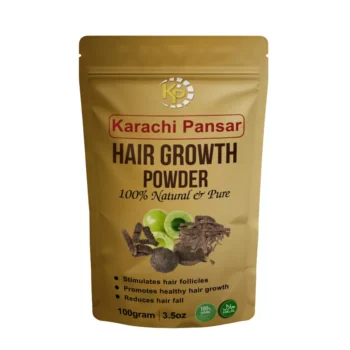
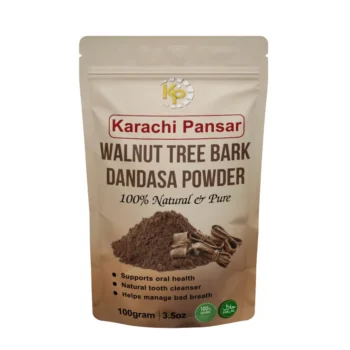

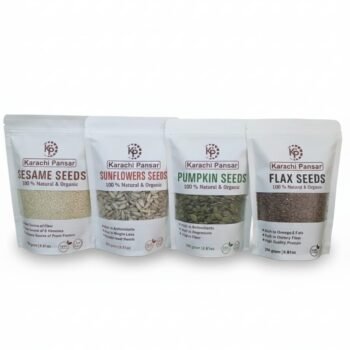



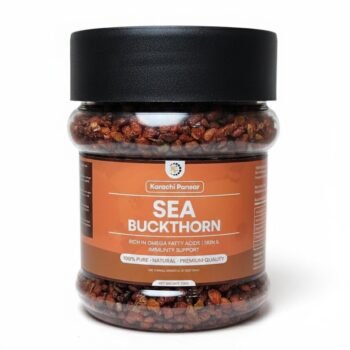





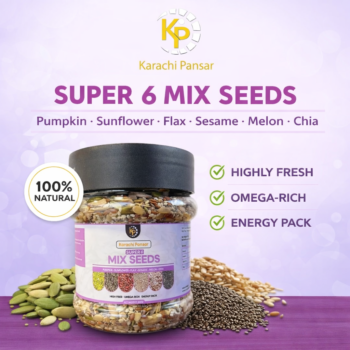






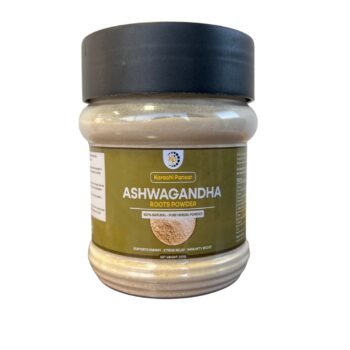





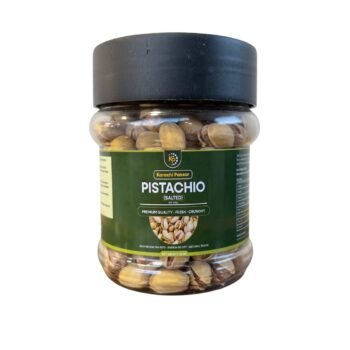




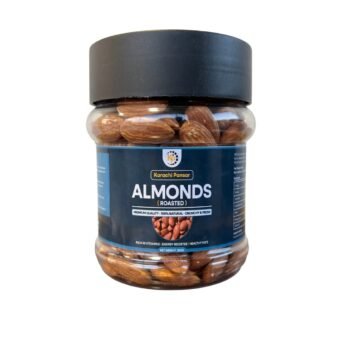

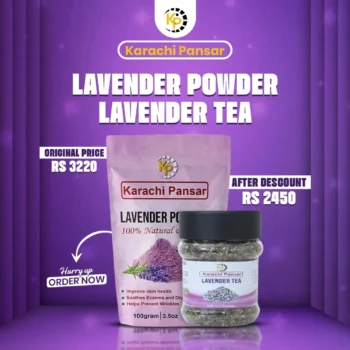
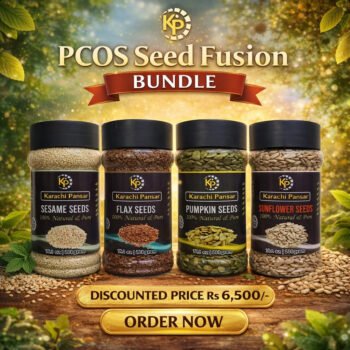



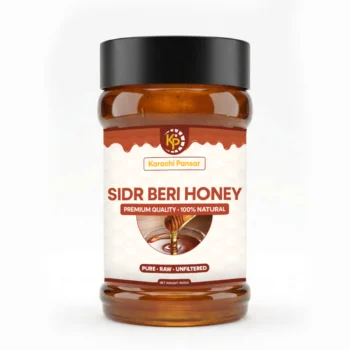

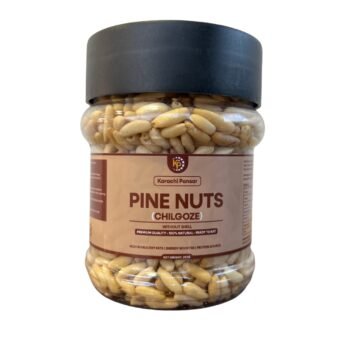
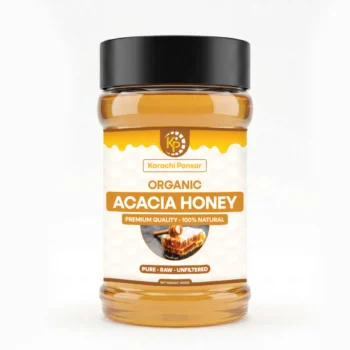


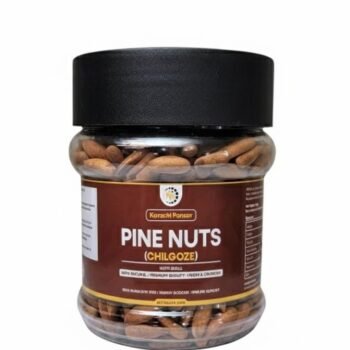
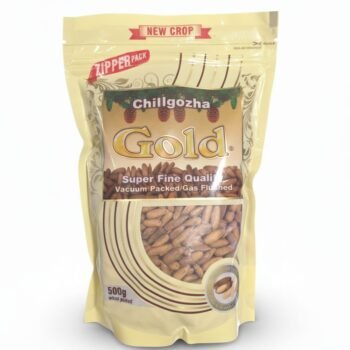


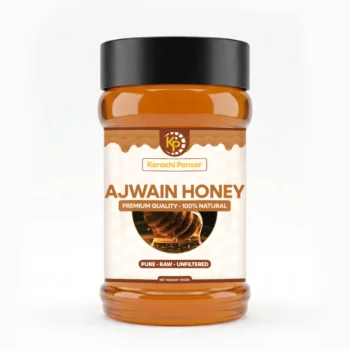

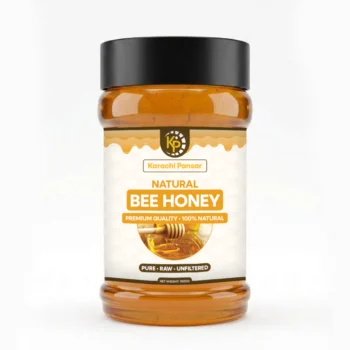



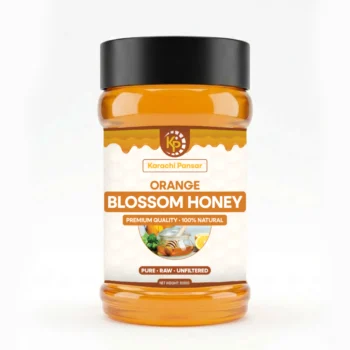

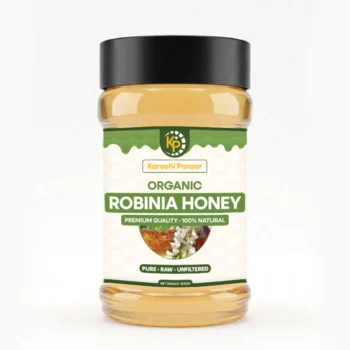
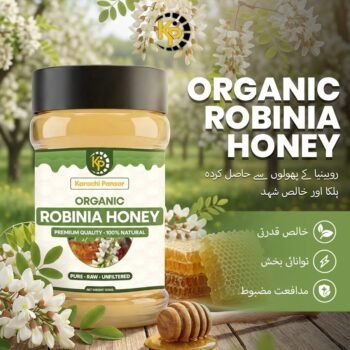
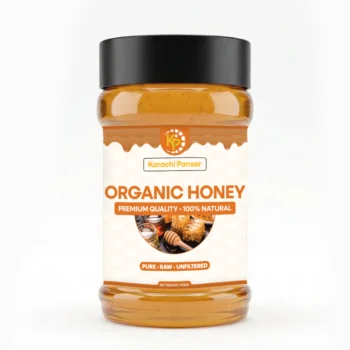

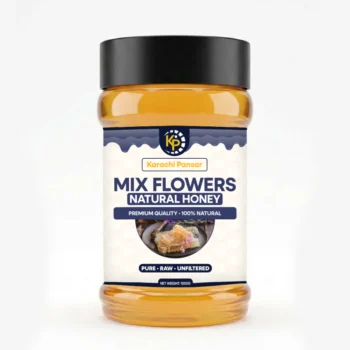

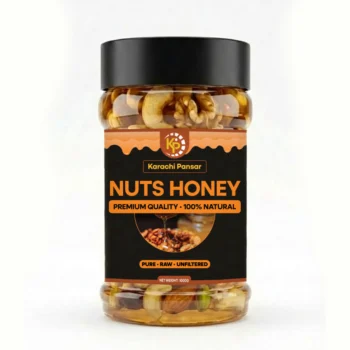



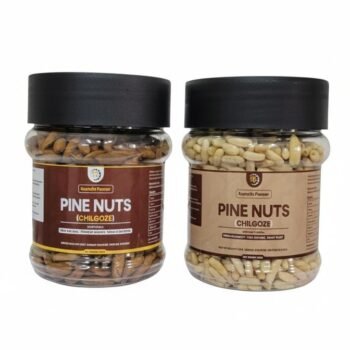
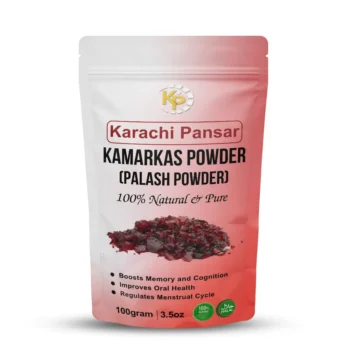
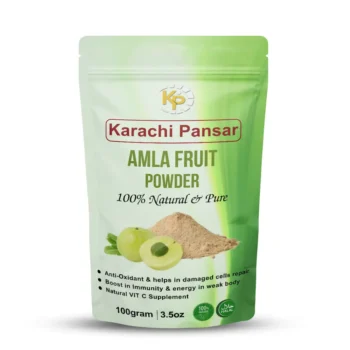
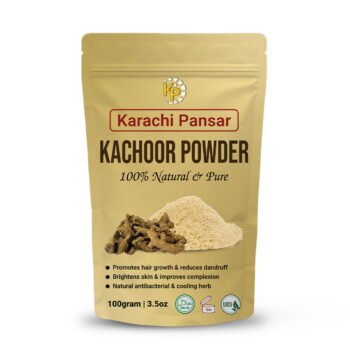
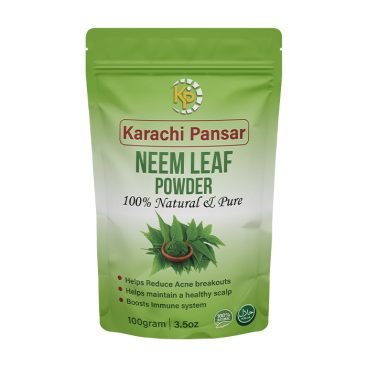
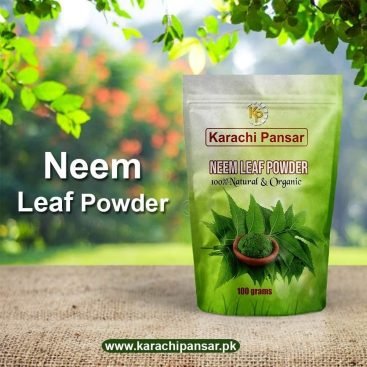
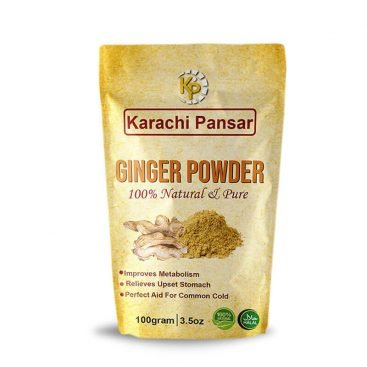
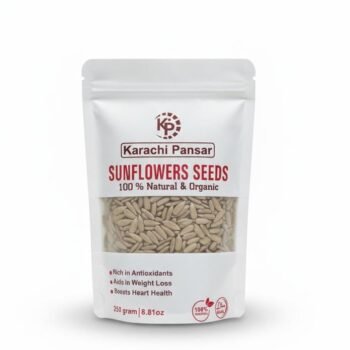
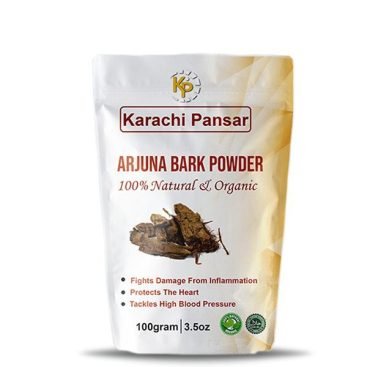
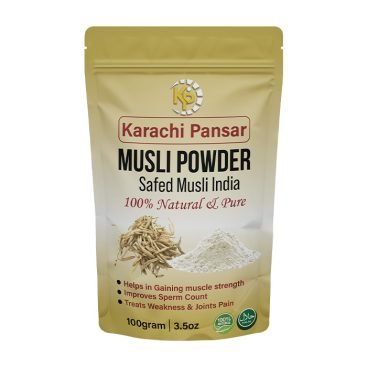
Muhammad Salman (verified owner) –
“The products are always of excellent quality.”
Ibrahim Khalid (verified owner) –
“Fantastic quality and speedy delivery.”
Mehnaz khan –
Good quality and nice paking thank you karachipansar. Pk
Saman Sohaib –
Original zaffron hy to itna cheap kyu sale kr eahe hyn?
Riyan –
Good quality. Very excellent.highly recommend.👍👍👍
Riyan –
Good quality.
Riyan –
Good quality. Excellent